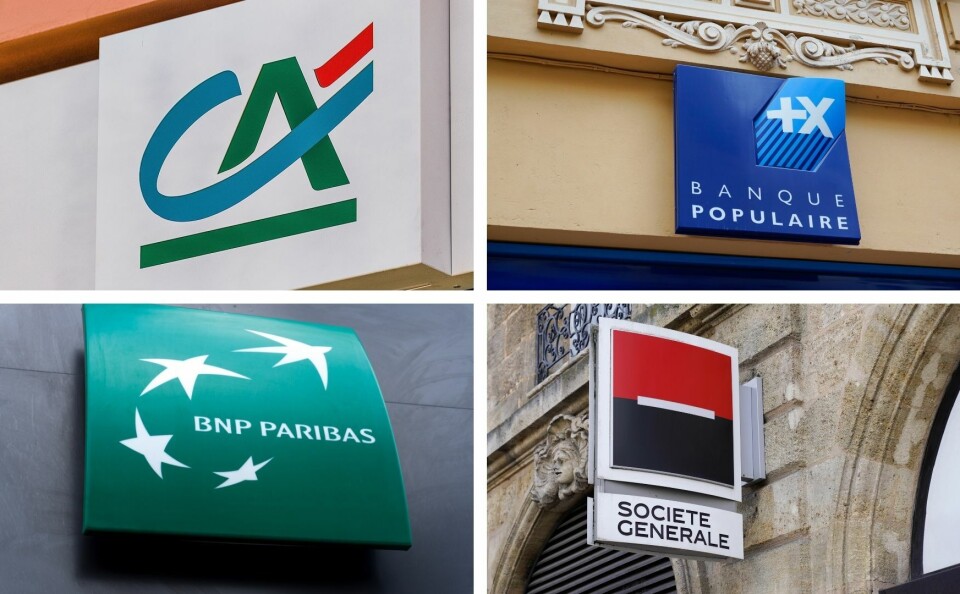-
Two French banks must reimburse clients unjustified fees
The banks have also been fined a combined €9.2 million
-
More than a million people in France hit by bank account data breach
Account holders advised to check direct debits after cybertattack on national bank account register
-
French police issue warning over new ‘fake bank card’ scam
Accompanying letter asks users to set up new card using fake bank website and QR code
Recap: Brexit loophole lets French banks charge more for UK transfers
Although the UK remains in the Sepa zone, The Connexion has confirmation that technically French banks can charge an ‘international’ fee to receive UK money

Some French banks are charging ‘international’ or ‘non-Sepa’ fees for receiving UK transfers, even if sent via Sepa – and this is allowed under Sepa rules.
The loophole was confirmed to The Connexion by the Fédération Bancaire Française (FBF) and the European Consumer Centre (ECC) France.
The UK is still inside the European Sepa payments zone so its banks can use Sepa transfers, which are quick and mostly attract no receiving fees.
Loophole explained
However, an EU regulation obliging the receiving bank to make no charge is not in force if the sender is outside the EU (or wider European Economic Area). Within the EEA, the receiving bank can, technically, apply a charge if it does so for domestic transfers, but this is not usually the case in France.
FBF said: “The pricing principle under European law is no longer applicable if one of the parties is a Brexit nation.”
Following our March edition report of €18 charges at Crédit Agricole Nord Midi-Pyrénées, a Crédit Agricole spokesman confirmed that this can relate to transfers from outside the EEA, even if sent by Sepa. He said its regional branches are free to adopt their own rules on this.
Read more: €36 French bank fees for UK pension transfers causes confusion
Read more: Brexit loophole confirmed as cause of new UK-France Sepa bank fees
The current Nord Midi-Pyrénees tariffs brochure clearly states a payment to be a free Sepa one only if it comes from the Sepa zone and from a bank in the EEA. Switzerland is affected as well as the UK, it states.
Many French banks still honour pre-Brexit pricing
From our research, many French banks still define Sepa payments more simply, without the EEA requirement. However, several readers have reported similar charges at other banks, including €26 at Crédit Agricole Pyrénées Gascogne.
The latter also refers to the policy in its brochure, though it is harder to identify.
Banque Populaire Occitanie is also reported as applying the charges (€15). Its brochure says a payment is only a Sepa payment if it comes from the EEA.
The ECC France said in some cases the policy is likely to pre-date Brexit, and if the UK is now included for ‘political’ reasons, banks are not necessarily obliged to flag this as a ‘change’.
The Connexion asked FBF if banks should give notice to clients, and in a particular way, if they adopt it where they did not apply it before. A spokeswoman said their tariff publications are clear about the rules.
In Connexion’s view, this is not always so. In any case, not everyone studies these guides, which are found in the small print on banks’ sites and updated at least annually. All banks we studied have fees for foreign transfers, but we consider it only fair that they do not come as a surprise if banks adopt new rules on them.
Related articles
French bank imposes withdrawal fees for UK cards post-Brexit
UK pension firm will not pay out to me in France post-Brexit
























